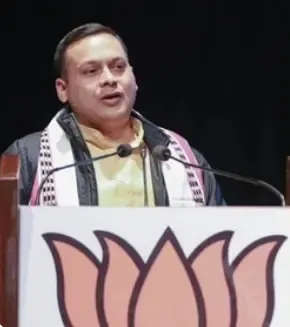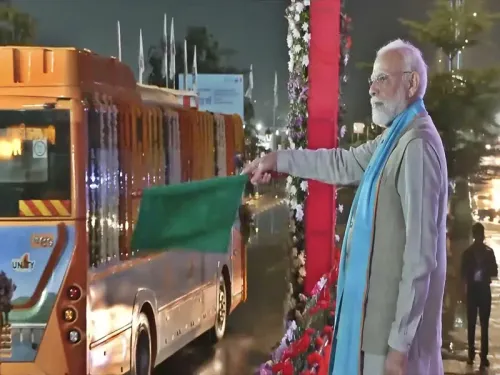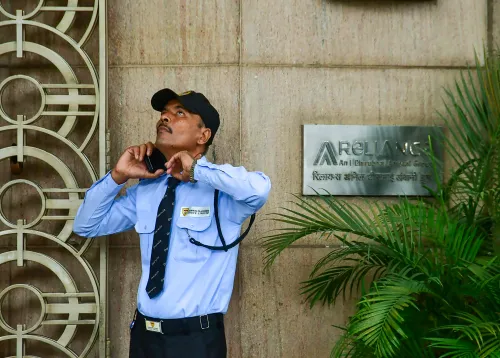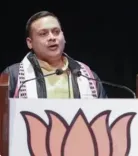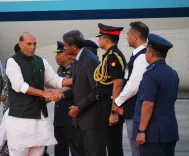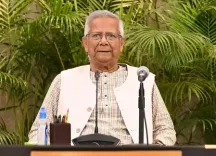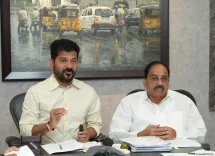Supreme Court Permits Yasin Malik to Virtually Cross-Examine Witnesses from Tihar
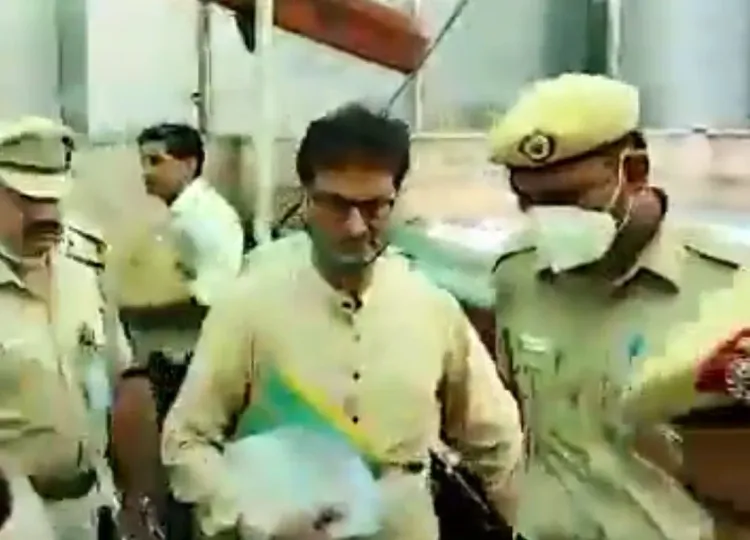
Synopsis
Key Takeaways
- Supreme Court permits virtual cross-examination.
- Yasin Malik faces serious charges.
- CBI cites security concerns for not transporting Malik.
- Video conferencing facilities available in Tihar jail.
- Malik has a life sentence in another case.
New Delhi, April 4 (NationPress) The Supreme Court on Friday granted permission to imprisoned JKLF leader Yasin Malik to conduct cross-examination of witnesses in two cases via video conferencing, overturning a decision from the Jammu court that mandated his physical presence in the trial proceedings.
Malik, who leads the banned Jammu and Kashmir Liberation Front (JKLF), is on trial for his purported involvement in the murders of IAF officers in Srinagar in 1990. He also faces charges concerning the abduction of Rubaiya Sayeed, the daughter of former Union Home Minister Mufti Mohammad Sayeed, during 1989.
Responding to the plea from the Central Bureau of Investigation (CBI), a bench comprising Justices Abhay S. Oka and Ujjal Bhuyan directed that Malik be permitted to cross-examine witnesses from Tihar jail using the available video conferencing technology.
The Justice Oka-led Bench issued this order after reviewing reports from the Registrar General of the Jammu & Kashmir & Ladakh High Court and the Delhi Jail Superintendent regarding the operational status of video conferencing facilities in both the trial court and Tihar jail.
Before the apex court, the central agency argued that transferring Malik to Jammu and Kashmir posed security risks. The CBI contested an order from Additional Sessions Judge Jammu (TADA/POTA), which had issued a production warrant for Malik in two separate cases.
The Jammu court had requested Malik's physical attendance for the cross-examination related to two cases involving abduction and murder. However, the Supreme Court suspended the Jammu court's order.
In November 2024, Solicitor General (SG) Tushar Mehta, the second highest law officer of the Centre, informed that a fully operational court equipped with video conferencing capabilities was available in Tihar jail, following the apex court's suggestion to consider a makeshift courtroom for Malik's trial.
SG Mehta emphasized that the central agency aimed to avoid transporting Malik to Jammu and Kashmir for security reasons. He also showcased a photograph depicting Malik alongside Hafiz Saeed, the founder of the Lashkar-e-Taiba (LeT) terror group, asserting that Malik is not an ordinary criminal.
Malik is currently serving a life sentence for another terrorism-related case in which he admitted his culpability.

